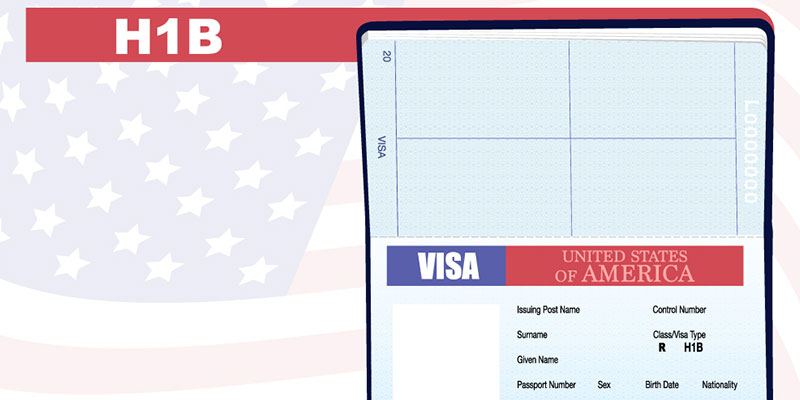
In this article, you will learn about:
Before getting into the details of AC21 and H1B extension RFE, it is important to go in-depth to understand what is meant by RFE in H1B.
When US visa applicants get to know that they have received a Request for Evidence from the USCIS (sent to the employer), or RFE as it is popularly known, most of them go into panic mode. However, there is no need to fret about an RFE issued by the United States Citizenship and Immigration Services or the USCIS. The USCIS is the agency that handles all US non-immigrant visas. This agency will send your employer an RFE when it requires more evidence to arrive at a decision on your H1B petition.
The USCIS will send your RFE to the employer by mail, but your employer can also check online using the case status tool. Once the RFE is received, the employer has ninety days to gather, verify, and submit the required documents to the USCIS. Any delay or discrepancy will only lead to further postponement of your H1B process and may jeopardize its outcome.
USCIS requires an I-129 form to extend, transfer, or apply for a new H1B petition. In order to open a case for an RFE, your employer sends this form to the USCIS. To receive an extension for an H1B or change their immigration status, your employer must submit proof that you have maintained H1B status as an employee in a specialty occupation by showing your paychecks.
If your employer fails to prove that you are eligible for AC21 benefits or eligible for an H-1B extension, he may receive an RFE regarding the AC21 and the six-year limit. If your H-1B has reached its six-year limit, this can happen. The AC21 is the American Competitiveness Act in the Twenty-first Century Act of 2000.
Under two conditions, H1B employees can extend their stay beyond six years with an AC21:
To avoid receiving an RFE for these reasons and to prove that you are eligible for an extension, your employer can include
Kindly note that your extension is valid beyond six years in the above two circumstances. However, to avoid receiving an RFE, your employer must mention one of the scenarios in your extension petition.
The H1B Extension DUI RFE is a common offense in Washington that involves drunken driving. For non-immigrant workers, a DUI can result in:
It is important to keep in mind that if you lose your work visa, you also lose your visa status, which means you must leave the US immediately. Moreover, the consular officer does not require an admission of guilt or conviction to revoke your visa. They have the right to revoke the visa at their discretion and ask you to leave the country or apply for a new visa.
Even if your visa is not revoked after a DUI, it means bad news because you have a criminal record. This could prevent you from applying for a visa renewal. Also, a criminal offense is enough for the USCIS to deny your visa. Visa revocation and non-renewal are not automatic. These actions are entirely at the consular officers' discretion.
Certain facts determine revocation and non-renewal. They are:
The US Department of State will ask you to submit all relevant documents if you apply for an extension with a DUI charge. You should also reveal any information pertaining to arrests or convictions and your visa application during your visa interview.
Also read: 11 Common H1B RFE Reasons to be Aware Of
Conclusion
An RFE is possible if you are involved in the above-mentioned scenarios when applying for the extension. The USCIS has tightened its rules and regulations for H1B processing, leading to an increased rate of annual RFEs. A recent study states that in 2019, nearly 60% of the total petitions received an RFE. So, if you have got RFE on the H1B extension, it is crucial to take immediate action and save your H1B status.
To know more about H1B and other US non-immigrant visas, visit TechFetch H1B.
**Disclaimer: All H1B processes are subject to change. Kindly refer to the USCIS official website for the latest updates.